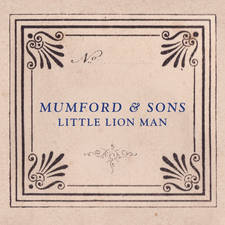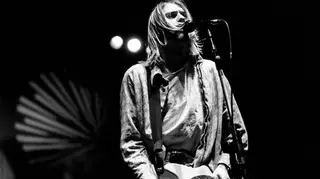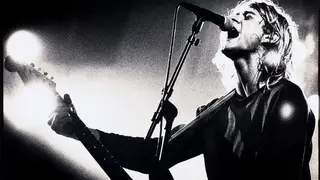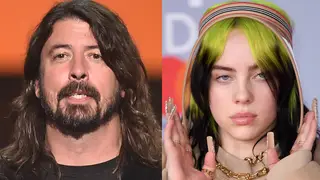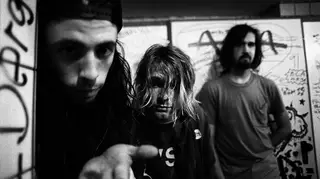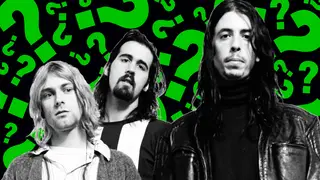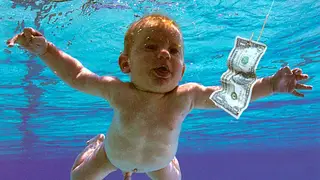What Nirvana's Lithium says about religion and mental health
13 July 2024, 16:00
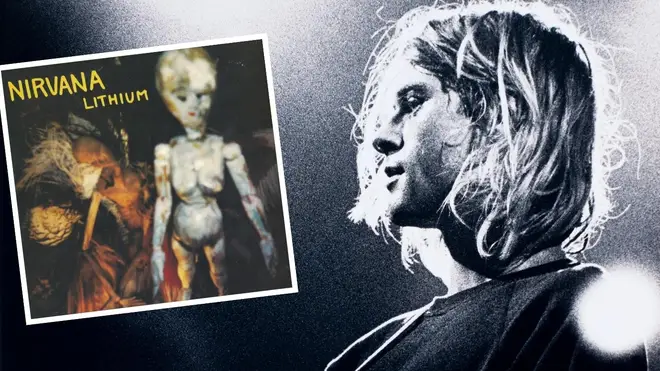
The classic song from Nevermind has been the subject of debate over the years. Here's what Kurt Cobain had to say about it.
Listen to this article
Nirvana's Nevermind was only the Seattle band's second album, but since the death of Kurt Cobain, the lyrics have been picked apart and analysed over and over again.
Take the song Lithium, for example. It was released as the third single from Nevermind in the UK on 13th July 1992, over nine months after the album had appeared in shops. The title - which doesn't appear in the actual lyric - refers to the drug that's mainly prescribed to treat bi-polar disorder.
This makes the meaning of the song pretty clear, it would seem. Kurt's cousin, Beverly Cobain, claimed in an interview that the musician himself had been diagnosed as bi-polar. "As Kurt undoubtedly knew, bipolar illness can be very difficult to manage," she said, in her capacity as a mental health professional. "The correct diagnosis is crucial. Unfortunately for Kurt, compliance with the appropriate treatment is also a critical factor."
So would Lithium appear to be an ode to the drug that was a part of Kurt Cobain's life?

Nirvana - Lithium
Cobain revealed a very different inspiration for the song, in the aftermath of the release of Nevermind.
He told Musician magazine in January 1992 that Lithium was "another story that I made up, but I did infuse some of my personal experiences, like breaking up with girlfriends and having bad relationships, feeling that death void that the person in the song is feeling - very lonely, sick."
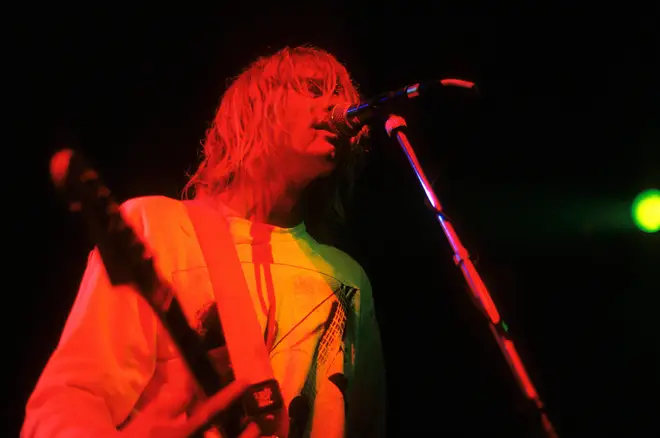
However, it was the line "Light my candles in a daze / 'Cause I've found God" that prompted more than one journalist to speculate if the actual subject was religion.
Speaking to Flipside magazine in May 1992, Kurt expanded on the topic when asked if the line was an attack on people who were "brainwashed" by religion.
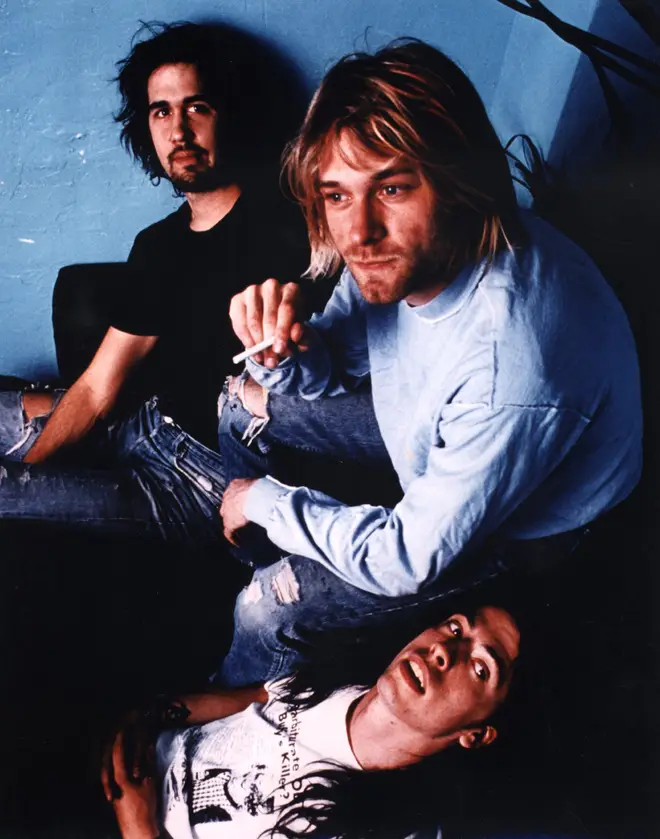
"The story is about a guy who lost his girlfriend," he explained. "I can't decide what caused her to die, let's say she died of AIDS or a car accident or something, and he's going around brooding and he turned to religion as a last resort to keep himself alive. To keep him from suicide.
"Sometimes I think religion is ok for certain people. It's good to use religion as a last resort before you go insane.
"I have this relative who I really love a lot and she really inspired me because she was a musician and I used to go to her house all the time and she because really disillusioned with her life and became suicidal. And we felt that she was gonna kill herself. Now she's a Born Again Christian - and because of religion she is alive still. I think that is ok."

Cobain later revealed to the Nirvana biographer Michael Azerrad that the lines were also inspired by his friend Jesse Reed's parents, who were Born Again Christians and with whom the musician had lived with for a time. He explained: "I've always felt that some people should have religion in their lives... That's fine. If it's going to save someone, it's okay. And the person in [Lithium] needed it."
"His family life was a mess," recalled Jesse's father Dave Reed, in the book Love And Death. "He had big problems with his mother and he was going through a really bad time. He and my son were always together so I asked him if he wanted to stay with us. He jumped at the chance. I think Kurt saw me as a Ned Flanders-type guy. Kurt became a born-again Christian through my son Jesse and our family environment. He went to church almost every time the door was open. For a while, he took Christian life very seriously."
Kurt's flirtation with Christianity didn't last long, but his contact with the local church had one benefit - it was here that Cobain met future Nirvana bassist Krist Novoselic.

If you or anyone you know has been affected by this story, please seek help from the helplines below:
The Samaritans
- Tel: 116 123
- samaritans.org
Mind
- MindInfoline: 0300 123 3393
- mind.org.uk
Papyrus
- HOPELINEUK – 0800 068 4141
- papyrus-uk.org
CALM (Campaign Against Living Miserably)
- Helpline: 0800 58 58 58
- thecalmzone.net
Maytree
- Tel: 020 7263 7070
- maytree.org.uk
